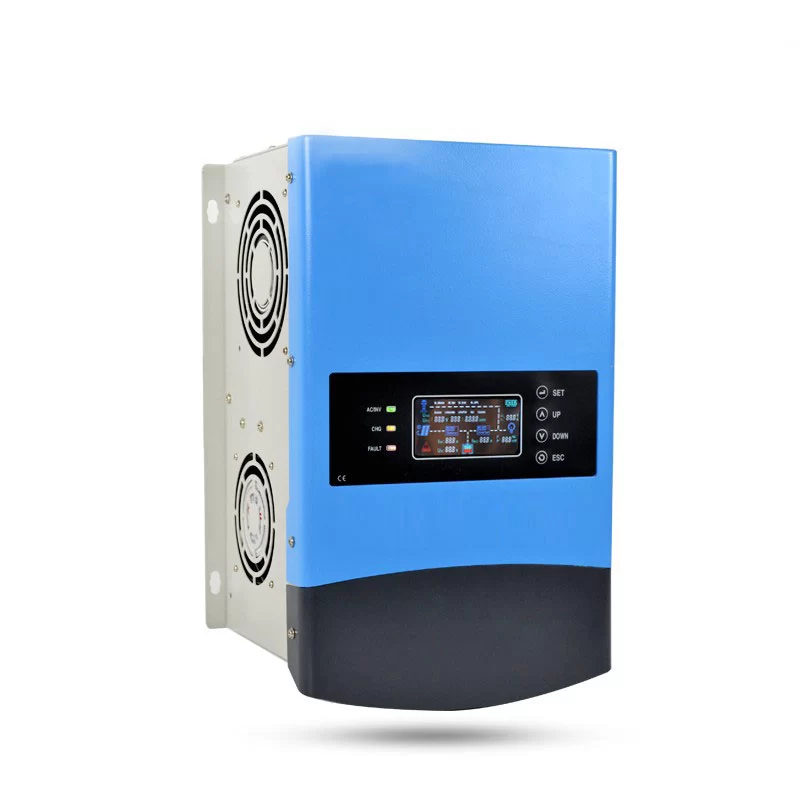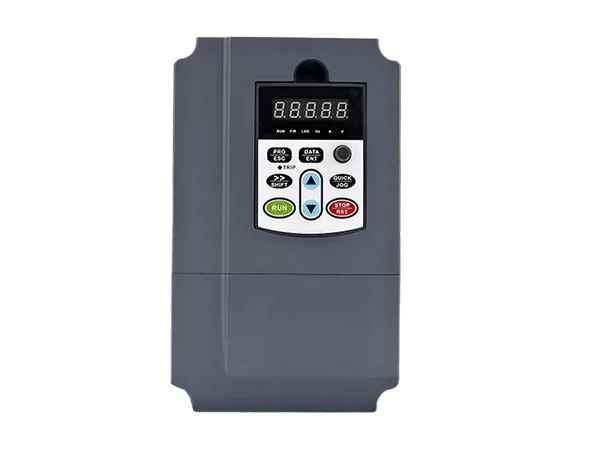Get A Quote Now!
Advanced Battery Monitoring Systems: Optimizing Performance and Longevity
In an era where energy storage and management are becoming increasingly vital, Advanced Battery Monitoring Systems (ABMS) have emerged as a crucial component in ensuring the efficient and reliable operation of battery-powered systems. These systems offer a comprehensive approach to monitoring, managing, and optimizing battery performance across a wide range of applications, from electric vehicles and renewable energy storage to consumer electronics and industrial equipment.

What Are Advanced Battery Monitoring Systems?
Definition and Importance
Advanced Battery Monitoring Systems are sophisticated solutions designed to monitor the health, performance, and safety of batteries in real-time. Unlike basic monitoring systems that might only track voltage and temperature, ABMS provide a more granular level of detail, including state of charge (SOC), state of health (SOH), and cell balancing. These systems are essential for maximizing battery lifespan, enhancing battery reliability, and ensuring safety in various applications.
Key Components of Advanced Battery Monitoring Systems
- Sensors and Data Acquisition Modules: These components collect critical data such as voltage, current, and temperature from individual battery cells or modules.
- Battery Management Software: Advanced algorithms and software analyze the collected data to determine the SOC, SOH, and other key metrics. This software can predict potential issues before they become critical, enabling proactive maintenance.
- Communication Interfaces: Interfaces like CAN bus, Modbus, and wireless communication protocols ensure seamless data transfer between the ABMS and other systems, such as energy management systemsor vehicle control units.
- Control Units: These units execute commands based on the data analyzed, such as adjusting charging parameters or activating cooling systems to prevent overheating.
Benefits of Implementing Advanced Battery Monitoring Systems
1. Enhanced Battery Lifespan and Performance
ABMS continuously monitor and optimize the charging and discharging cycles, which helps prevent common battery issues such as overcharging, deep discharging, and thermal runaway. By maintaining optimal operating conditions, these systems can significantly extend battery lifespan and ensure consistent battery capacity over time.
2. Improved Safety and Reliability
Safety is a paramount concern in battery systems, particularly in applications like electric vehicles and industrial energy storage, where failure can have serious consequences. Advanced Battery Monitoring Systems enhance battery safety by detecting anomalies early, such as abnormal temperature rises or cell imbalances, and taking corrective actions to prevent failures.
3. Real-Time Performance Monitoring
Real-time monitoring allows operators to track battery performance metrics and make adjustments on the fly. This capability is particularly useful in applications where battery performance can be affected by varying conditions, such as renewable energy sources or power electronics applications.
4. Cost Savings Through Predictive Maintenance
ABMS can predict when a battery or a specific cell within a battery is likely to fail. By identifying potential failures early, organizations can perform predictive maintenance, replacing or repairing components before they lead to costly downtime or damage. This not only saves money but also reduces the environmental impact of battery disposal.
5. Optimized Energy Storage Solutions
For energy storage solutions, particularly in large-scale applications like grid storage or renewable energy integration, ABMS play a crucial role in optimizing battery efficiency and reliability. By managing energy flow and maintaining balanced charging and discharging cycles, these systems ensure that storage solutions deliver maximum output and longevity.
Key Technologies in Advanced Battery Monitoring Systems
1. Cell-Level Monitoring
Modern ABMS can monitor each battery cell individually, providing detailed insights into cell performance and health. This cell-level monitoring enables precise balancing and enhances overall battery reliability by ensuring that weaker cells do not compromise the entire system.
2. Machine Learning and Artificial Intelligence
AI and machine learning algorithms are increasingly being integrated into ABMS to predict battery behavior and optimize performance. These technologies can analyze vast amounts of data to identify patterns and make real-time adjustments, further enhancing battery management capabilities.
3. Wireless Battery Monitoring
Wireless monitoring reduces the complexity and cost of wiring in large battery systems, such as those used in industrial applications or electric vehicles. Wireless ABMS also facilitate easier installation and maintenance by providing remote access to battery data and diagnostics.
4. Advanced Thermal Management Systems
Temperature control is vital for maintaining battery efficiency and safety. Advanced thermal management systems integrated within ABMS help regulate battery temperature, preventing overheating and ensuring that batteries operate within safe temperature ranges.
Applications of Advanced Battery Monitoring Systems
1. Electric Vehicles (EVs)
In EVs, ABMS are essential for managing battery packs, ensuring optimal performance, safety, and longevity. They monitor charging and discharging rates, maintain balance between cells, and provide real-time data to the vehicle’s control system to optimize energy use.
2. Renewable Energy Storage
For renewable energy systems, such as solar and wind, ABMS optimize the use of batteries to store excess energy. By managing the charging cycles according to the availability of energy, these systems ensure efficient storage and use, contributing to a more reliable renewable energy supply.
3. Consumer Electronics
In portable devices like smartphones and laptops, ABMS help maximize battery life and safety. They monitor charging habits, prevent overcharging, and manage power consumption, extending the battery’s operational life and ensuring user safety.
4. Industrial and Grid Storage
Large-scale storage solutions, such as those used in industrial settings or for grid balancing, rely on ABMS to manage massive arrays of batteries. These systems ensure efficient energy storage and distribution, contributing to grid stability and reliability.
Conclusion
Advanced Battery Monitoring Systems are transforming how we manage and utilize batteries across a wide range of applications. From enhancing battery performance and safety to enabling cost-effective predictive maintenance, ABMS provide the tools needed to optimize energy storage and usage. For tailored solutions that incorporate the latest in ABMS technology, visit our battery management solutions page to learn more about how we can support your energy needs.






